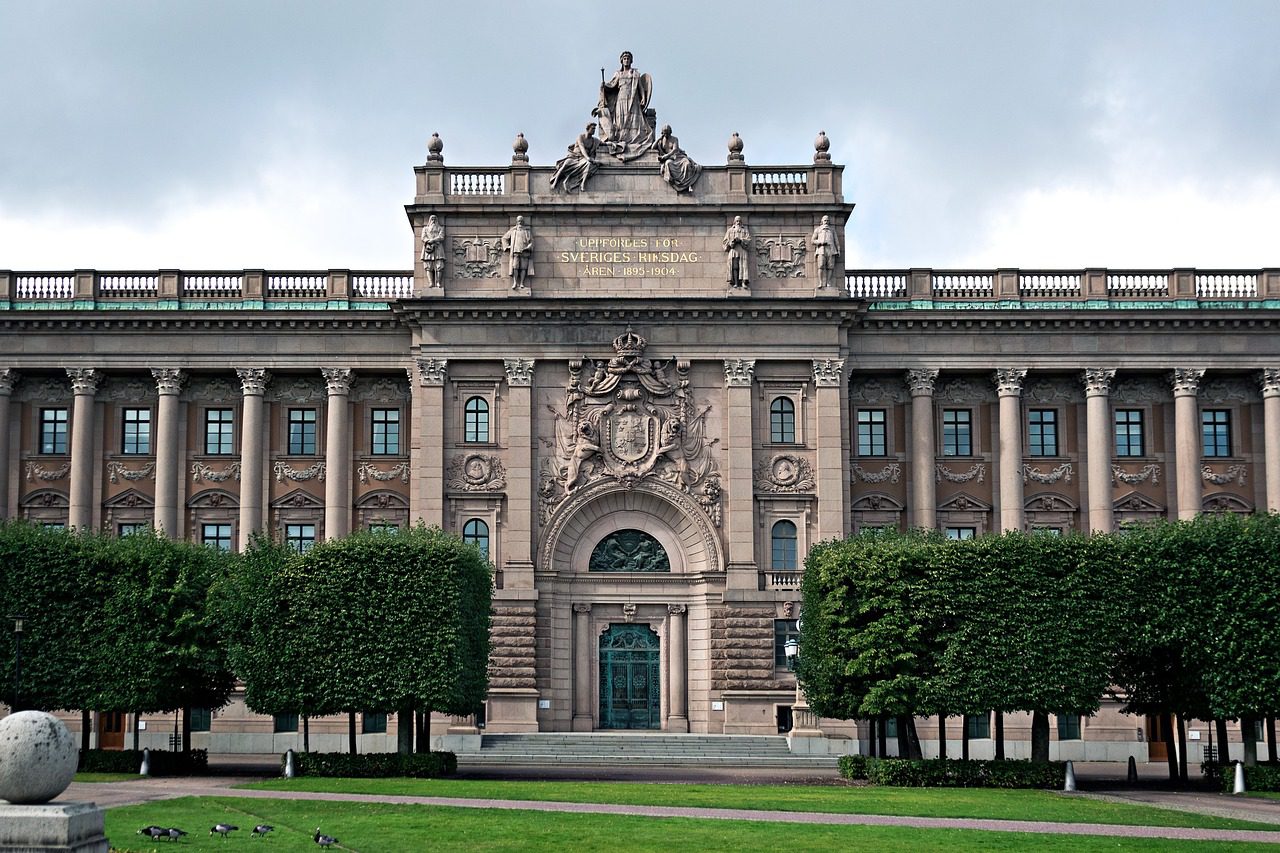
On Wednesday, October 26th, the Swedish parliament held its first major policy debate since the new government took office. The leaders of all the eight parties in the Riksdag participated, with Ulf Kristersson of the moderate party making his debut as prime minister in a debate.
The four parties of the governing coalition focused on their plans to paradigmatically change policy in many areas. The coalition parties gave similar messages on their policy visions, pointing out that paradigmatic change is not only possible but attainable. They also went to great lengths to explain that they had not taken over a “laid table” but rather a pile of problems that will take a long time to solve.
The four-party center-left opposition expressed conflicting ideological views. Nooshi Dadgostar, leader of the former communist Left Party, explained that Sweden is facing an economic crisis and therefore cannot let tax revenue destined for the welfare state “go to profits and tax shelters.” This comment was a reference to the semi-privatization of in-kind benefits such as childcare, primary and secondary education, health services, and elderly care.
Immediately behind her, Annie Lööf, leader of the Center Party, spent most of her opening statement in the debate touting her party’s traditional European liberal ideology. She explained how her party is pro-business and pro-freedom, values that the party has historically manifested in promoting school choice and private entrepreneurship within areas that are traditionally covered by the welfare state.
Before the new center-right government took office, and despite their opposing views on individual freedom and choice, the Center and Left Parties were both essential for the continued survival of the social-democrat government. By distinguishing her party as non-socialist, Ms. Lööf put deliberate distance between herself and Ms. Dadgostar.
In a direct exchange with Magdalena Andersson, the social-democrat leader, Prime Minister Kristersson reached out and offered respectful disagreements as well as productive cooperation when possible. Andersson responded by highlighting her distaste for the Swedish democrats, an essential part of the center-right alliance whose mandate Kristersson is governing on.
